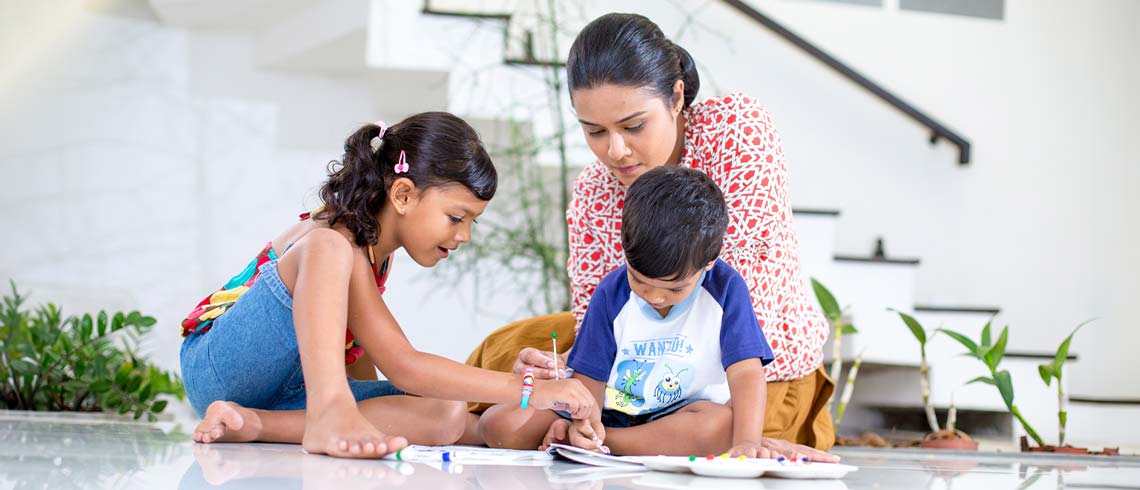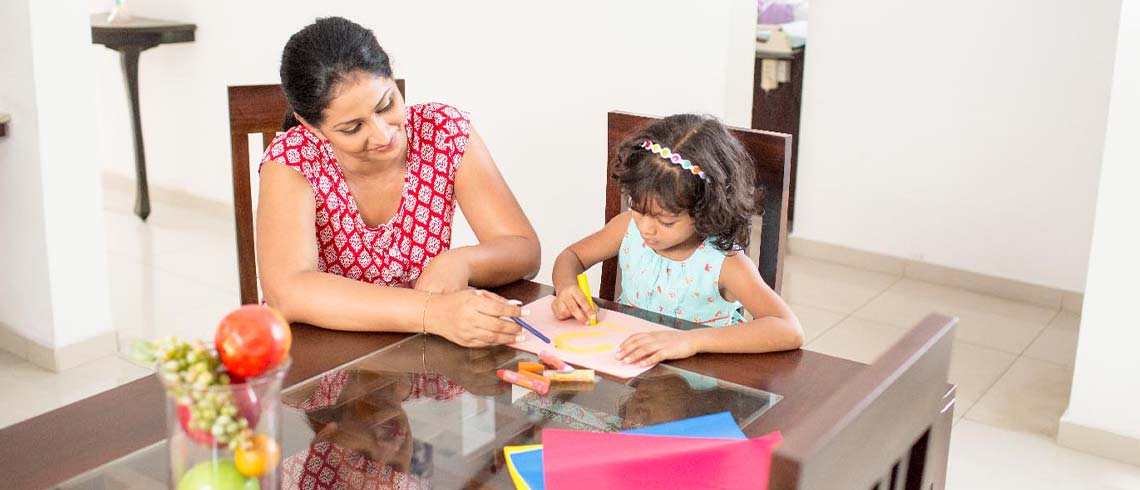























Early Education and Cognitive Development

Dinusha Manjarie Wickremesekera
Cognition refers to our ability to think and reason. Development implies that it is a continuous process and cognitive development is lifelong. We are always incorporating new information, and new ways of reasoning. Education is certainly a stimulus for cognitive development if you consider that the development of the brain is depended on exposure to stimulus particularly novel situations. This the early education does provide. Both the Montessori method as well as the Preschool approach creates situations to stimulate children. Learning stimulates cognitive and indeed brain development on a whole. Now, there are other theories that state that the brain develops naturally and so the brain will develop naturally and there will be a readiness to learn, and age appropriate challenges are the most suitable way forward and even in this case the early education techniques are ready to stimulate a child accordingly.

Early education is designed to help the child practice certain skills: like hand eye coordination, dexterity in physical movement, distinguishes between colours and sounds intensity etc. Early education also has a lot of emphasis on play and this is significant for other areas of development and never underestimate the power of play in cognitive development, because physical development precedes cognitive development.
Close contact with teachers is a good way to track development and progress.
Stimulus, development and even education doesn’t only happen in schools so make sure that you spend some time with your child:
- Make sure that your child is exposed to different types of stimulus. The most significant recommendation here is to read with your child – everyday at bed time or at a set time regularly.
- When watching a television program or movie talk to them about what they are seeing and see how they have understood different situations and also what they would do.
These two will provide to a great extend the type of previous experience that aids the learning process.
Also work on making that there learning is meaningful to the students and also goal-directed. While it might seem that play distracts us from goals, play also can reinforce and reimagine goals and how goals will be achieved.
The brain is a network of neurons and the more connections that are made the stronger the cognitive development. This would support the idea that early stimulus is very necessary – but the second and more important thing to keep in mind is that new connections can be made at any time, and old connections can be revived through practice. Practice leads to mastery. So the more your child practices the better the outcomes will be. And mistakes are learning opportunities when you help your child to see it that way.
Now a child could also be a late bloomer. That means that s/he wouldn’t properly adhere to the milestone timelines. Now one must be cautious here. Development delays are something that must be dealt with carefully – addressing a delay early is important because outcomes will be faster. But seeing everything as a delay is going to make it harder for you and your child. So when considering it is a development delay looks for more than one symptom. And more than anything trust your gut!
Tip: Psychologists are still learning lot of about cognitive development. However, in the meantime – age appropriate challenges and practice
Share With:
Recommended Articles


Nimali Buthpitiya
Support your Child’s Language Development during First Five Years!
Language skills during the early years and the next years of a child’s life play a crucial role. It helps them understand what is happening around them, communi...
Read More

Nimali Buthpitiya
Know More About Your Little Champs’ Brain Development
Children are born with an inner drive to learn. They learn about themselves, others and about the world around them each time you cuddle them, take them for a w...
Read More

Dinusha Manjarie Wickremesekera
Importance of Play
“Play is not a luxury. Play is a necessity.” Kay Redfield Jamison Development Psychologist, David Elkind states that there are three requi...
Read More